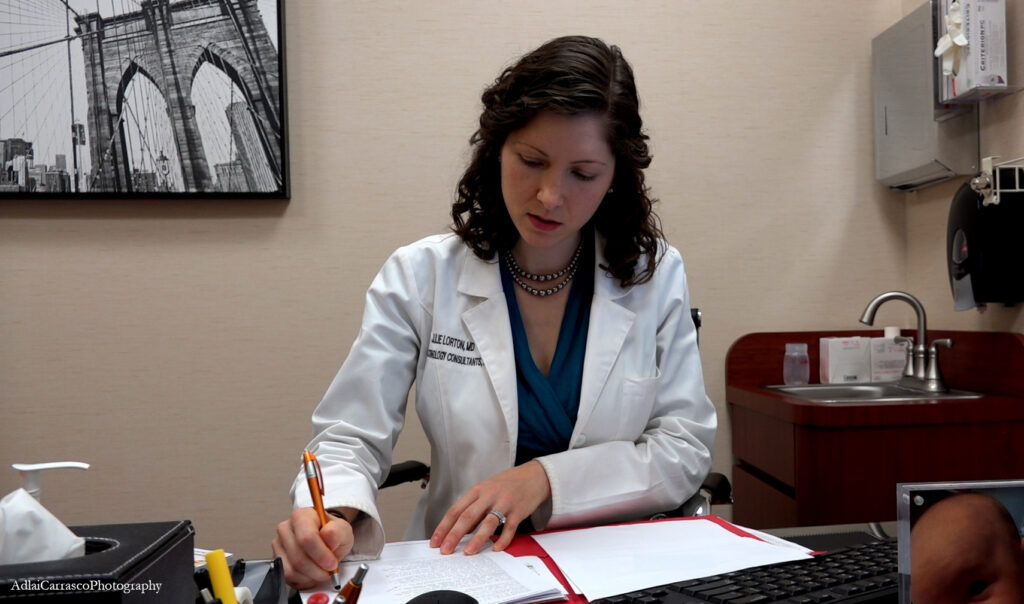Hypertension
What is Hypertension?
Hypertension, or high blood pressure, is a chronic medical condition characterized by persistently elevated pressure in the blood vessels. Blood is circulated throughout the body via blood vessels, which carry blood from the heart to all parts of the body. When the heart beats, it pumps blood into the vessels, and the pressure of blood pushing against the walls of the arteries creates blood pressure. If blood pressure is consistently elevated, the heart has to work harder to pump blood, which can lead to complications such as heart disease, stroke, and kidney disease. Regular blood pressure checks and prompt treatment of hypertension can help prevent complications.

What Are The Causes of Hypertension?
Hypertension can be caused by a variety of factors. Most common causes include unhealthy diet, lack of exercise, and smoking. Other factors such as stress, genetics, as well as existing medical conditions can also contribute to hypertension.
What Are The Signs And Symptoms of Hypertension?
Hypertension often doesn’t have any noticeable symptoms. In some cases – people with hypertension may experience symptoms such as headaches, dizziness and/or shortness of breath.
Hypertension can cause damage to the heart and blood vessels over time, which can lead to chest pain or even heart attacks. With regular blood pressure checks with your doctor – hypertension can be detected and managed early.
What Are The Risk Factors of Hypertension?
Diagnosing hypertension can be a complex process that involves close monitoring by healthcare providers and patients. Primary risk factors associated with hypertension include age, obesity, family history, race, kidney function, diet, alcohol consumption, and physical inactivity. There are also secondary factors such as primary aldosteronism, renovascular hypertension, obstructive sleep apnea, pheochromocytoma, Cushing’s syndrome, and other endocrine disorders.
Primary aldosteronism can cause low potassium levels and rarely elevated sodium levels in addition to hypertension. Pheochromocytoma, which is rare, may cause drug-resistant hypertension and is often associated with headaches, palpitations, pallor, and sweating. Cushing’s syndrome or disease is characterized by elevated blood pressure and classic symptoms such as moon faces, central obesity, proximal muscle weakness, and violaceous abdominal striae. Hypertension may also be present in other endocrine disorders such as hypothyroidism and primary hyperparathyroidism.
How is Hypertension Diagnosed?
In endocrinology, testing for secondary causes of hypertension such as primary aldosteronism, pheochromocytoma, and Cushing’s syndrome is sometimes necessary. A diagnosis is typically made through history taking, blood pressure monitoring, physical exam, and laboratory testing, which may include electrolyte levels, kidney function, glucose levels, urinalysis, complete blood count, thyroid stimulating hormone (TSH), lipid profile, and electrocardiogram.
What Are Possible Treatments For Hypertension?
Once a diagnosis is made, it is important to implement a treatment plan. For primary aldosteronism, patients may be treated with a surgical approach or mineralocorticoid receptor antagonist. Pheochromocytoma typically requires surgery and preoperative medical therapy to control blood pressure, heart rate, and volume with alpha- and beta-adrenergic blockade or calcium channel blockers. Cushing’s disease or syndrome is ideally treated surgically, although medical therapy may also be necessary.
Are There Preventative Steps or Measures To Avoid Hypertension?
There are several preventative measures that can help you manage as well as reduce the risk of developing hypertension such as maintaining a healthy weight, eating a healthy diet, regular exercise, managing stress and not smoking. Your doctor can examine you and provide you with the best care plan to manage hypertension.
What Are The Risks of Hypertension if Left Untreated?
If left untreated hypertension can increase the risk of different health problems such as heart disease, stroke, kidney disease, atherosclerosis and others. Hypertension can also cause damage to the arteries, which can increase the risk of heart attack and stroke. Hypertension can be managed through lifestyle changes and medication to reduce the risk of further health complications.
Key Takeaways About Hypertension
In conclusion, hypertension is a serious condition that requires regular monitoring and prompt treatment. Identifying and addressing underlying causes is important for effective management of the condition. Healthcare providers and patients should work together to prevent and manage hypertension, which can improve overall health and reduce the risk of complications.

